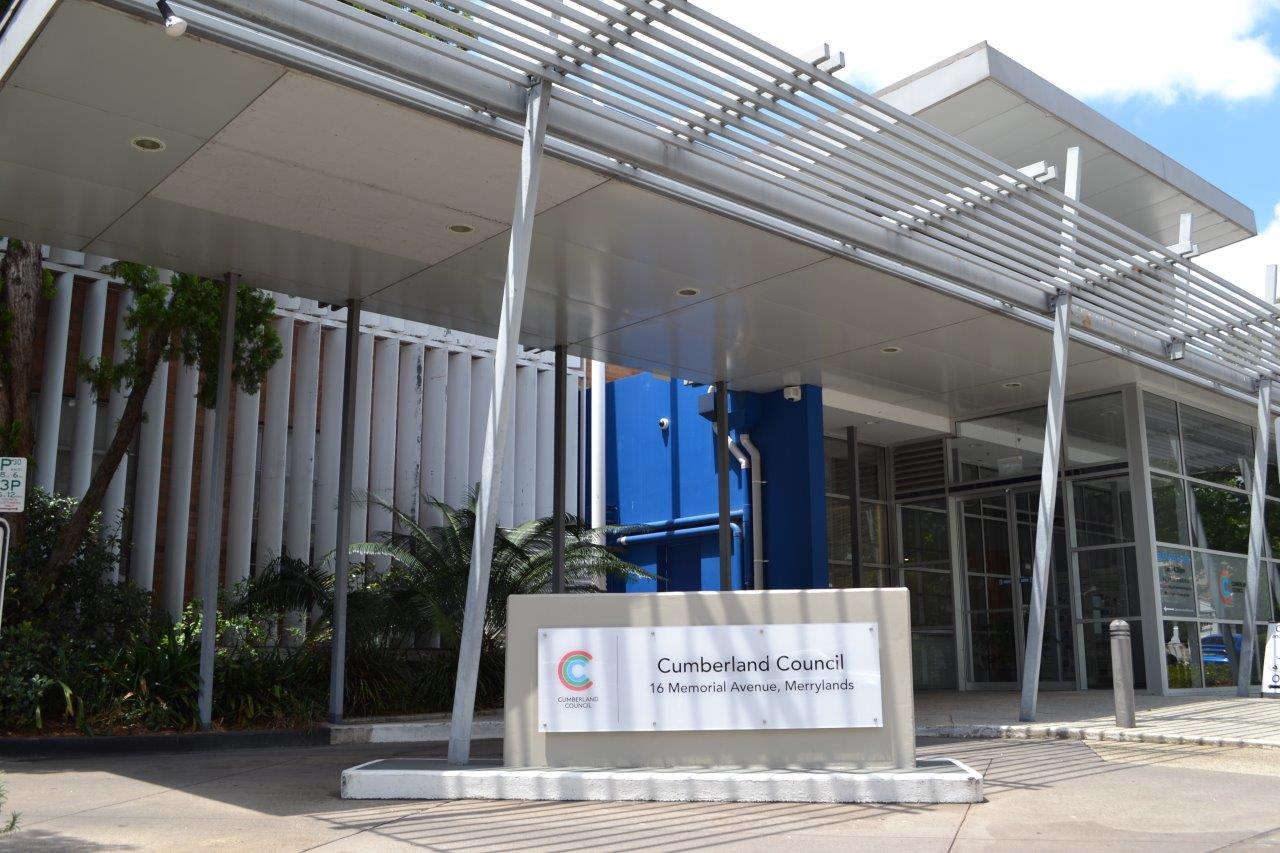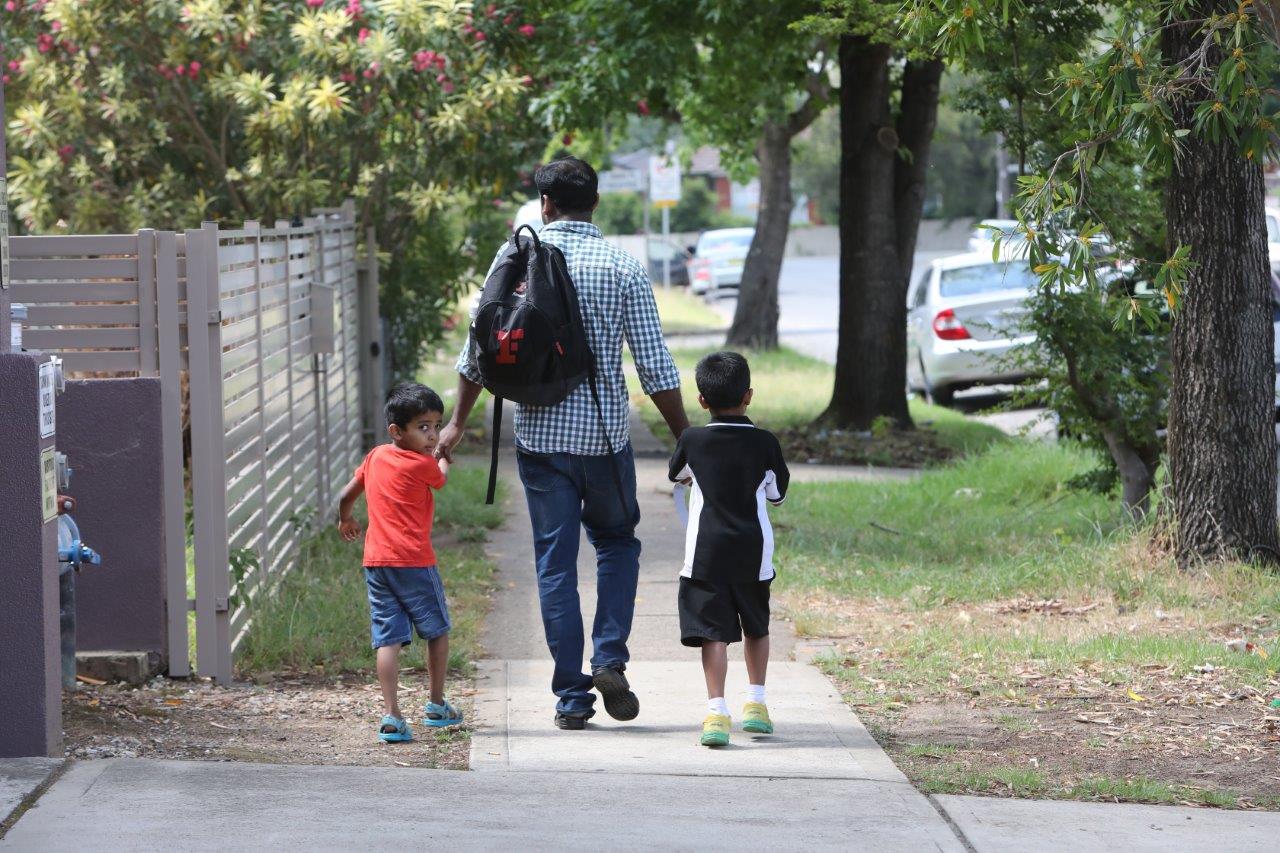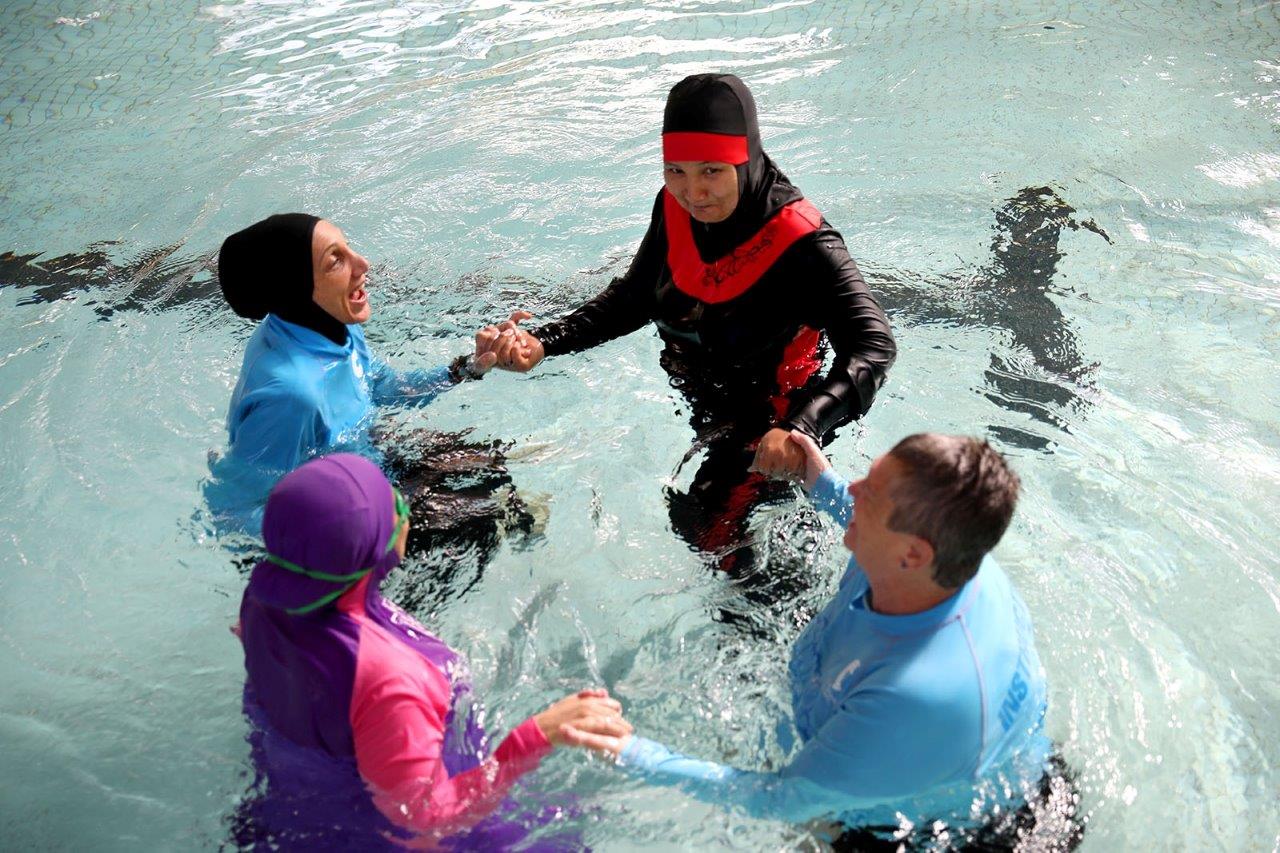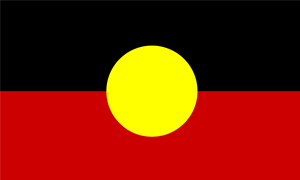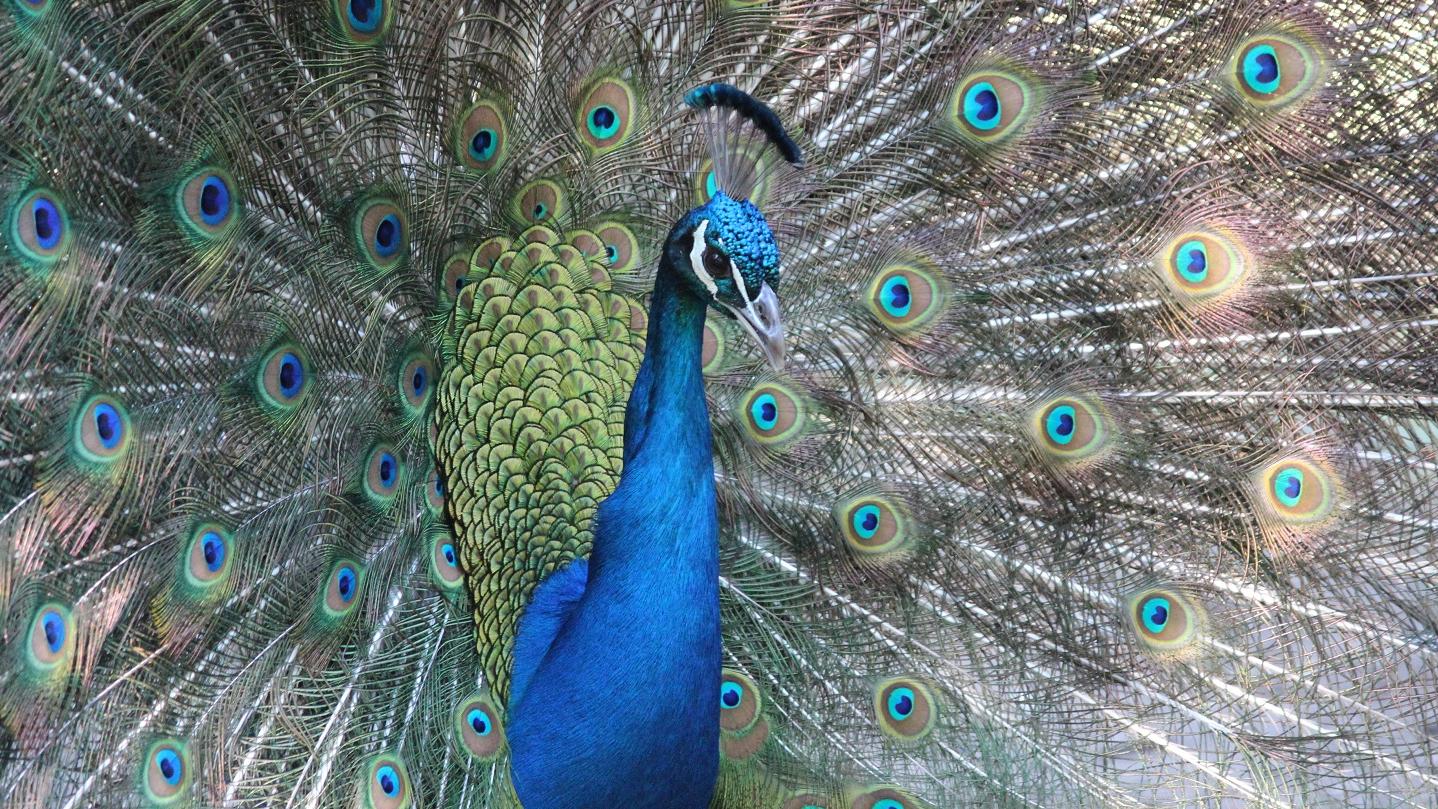
The Cumberland area is surrounded by parks, bushland and farms. It attracts lots of different wildlife – from reptiles and wallabies, to birds and bats.
Your actions could save a life
Occasionally, local wild animals get hurt as a result of household cats, dogs and feral animals. Some also get entangled in our garden areas or poisoned as a result insecticides. If you see a wild animal suffering, there are a number of specialised volunteer groups that can help.
Note: It is illegal to kill or hurt any wildlife, whether on or off your property. This includes snakes, bats and Brush Turkeys. Large fines apply.
Who to contact
WIRES – Wildlife Information, Rescue and Education Service
Has over 2,500 volunteers in 28 branches. Dedicated Rescue Office operates 365 day a year.
Call: 1300 094 737.
Report an emergency, find information and lodge a request: www.wires.org.au
Sydney Metropolitan Wildlife Services
Experienced wildlife carers that cater for the specific needs of urban wildlife in Sydney. Licensed by NSW National Parks and Wildlife Service to rescue, rehabilitate and release sick, injured and orphaned native animals.
Call: 02 9413 4300
Report an emergency, find information and lodge a request: www.sydneywildlife.org.au
Wildlife Rescue Australia
Australia-wide 24/7 wildlife rescue service run by specialist volunteers. Website also advises on how to live with problem wildlife.
Call: 1300 596 457.
Report an emergency, find information and lodge a request: www.wildliferescue.net.au/
Local Vets
If open, your local veterinary clinic can take injured animals, treat them accordingly and contact relevant organisations – usually for free.
Sydney Animal Hospitals
Animal Hospitals are scattered across Sydney and offer a wide range of species specialties. These hospitals cater mostly for family pets, however they are equipped to look after injured wildlife as well.
Snake catchers
It is illegal to kill native snakes. It’s also safer not to try. If concerned, keep children and pets safe and contact a professional snake catcher.
If you find injured or sick wildlife
- If it is safe to do so, pick up small animals with a clean towel and place them in a box with ventilation. Then place the box in a dark, warm environment away from noise, children and pets.
- Contact one of the specialised organisations listed above.
- Do not give the animal food or water, unless advised by a vet or wildlife specialist.
- It is recommended that you take note of where you found the animal, as some species are very territorial.
- The animal will be stressed and afraid, so it may try to attack you. If there is any threat, do not move the animal and call one of the organisations above for advice.
Be particularly careful with
Snakes
Many snakes are shy and only attack if confronted. Also, not all snakes are dangerous and are good for keeping rat and mice populations down. However, do not handle snakes or try to kill them. Most snake bites happen in this situation and it is illegal. Keep children and animals away and call a wildlife rescue organisation or a snake catcher if you think it’s a risk.
Bats and Flying-foxes
Australian bats and flying-foxes can carry Lyssavirus virus, which is dangerous to humans. If you find an injured/sick bat or flying-fox, do not touch it. Call a wildlife rescue organisation for advice.
Small birds
Every year many birds fly into windows, eat insect/rat poison (by eating the insect or rodent), suffer heat stroke or smoke inhalation during summer, or get injured during storms. If you find a bird that is lying down, it only has a short time to live and you will need act quickly. Pick it up carefully in a clean towel and place it in a box in a warm, dark and quiet area. Contact a specialist bird vet or a wildlife rescue organisation immediately.
Owls, hawks, cockatoos, brush turkeys and other large birds
These birds can cause substantial injuries if handled incorrectly. If sick or injured, stay with the bird until a wildlife rescuer can come and help you.
